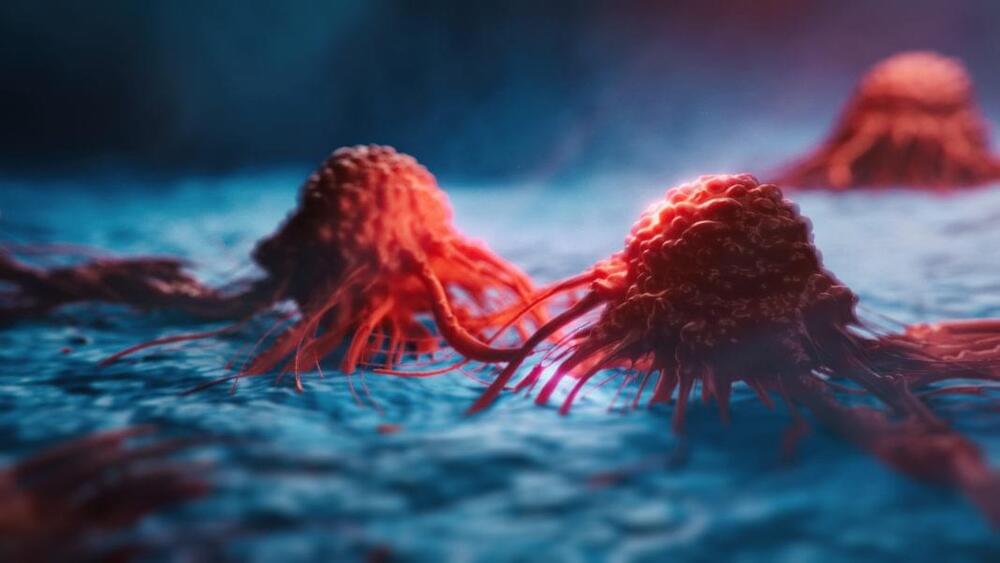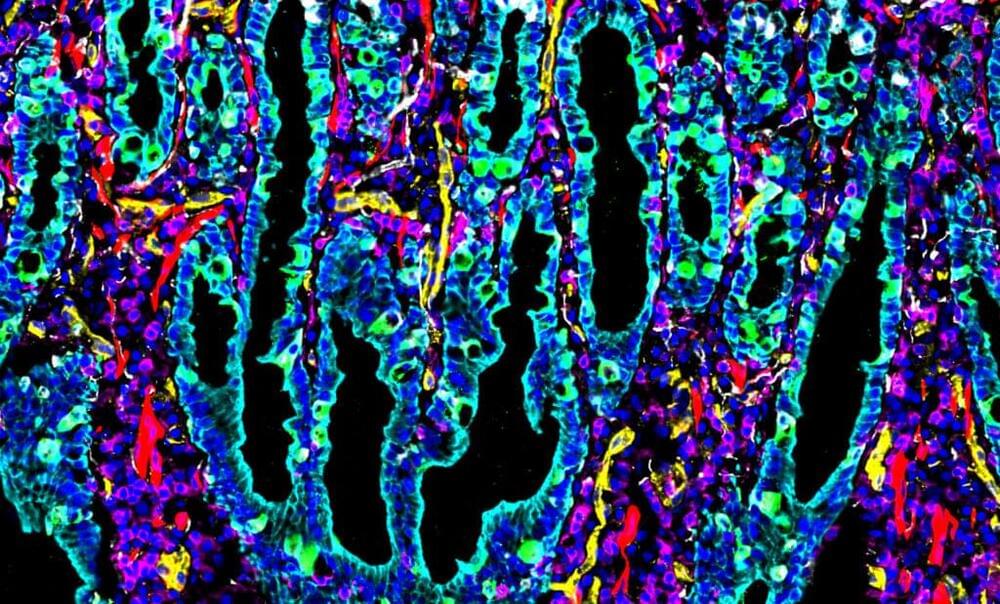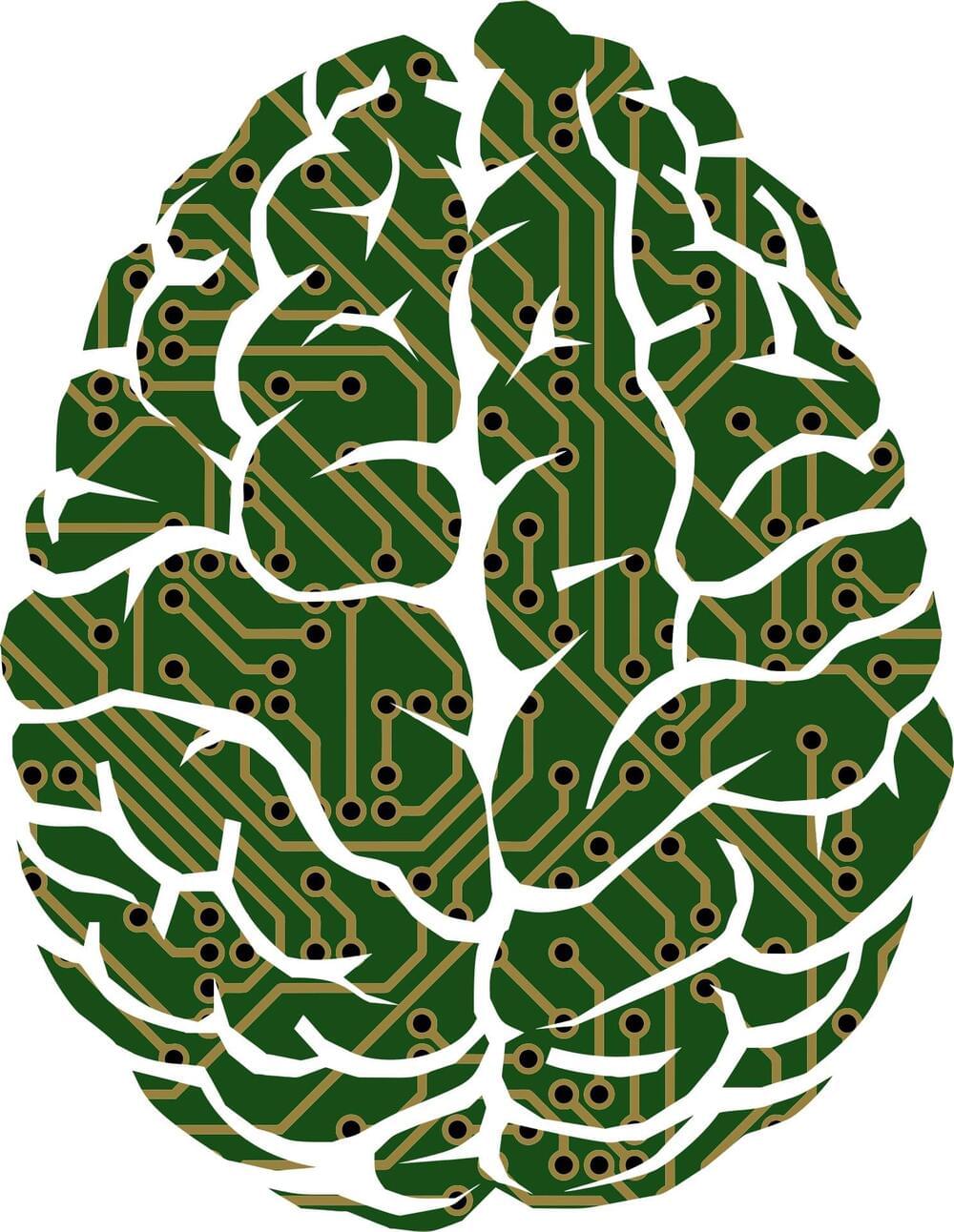
A natural sugar called mannose is a type of hexose that is abundant in many different types of fruits. Recent studies have demonstrated that mannose has been found to be effective in promoting immune tolerance, suppressing inflammatory diseases, and efficient in suppressing tumors by suppressing glycolysis. However, it is not fully understood how mannose exerts its anticancer activity. Now, a study by Sanford Burnham Prebys and the Osaka International Cancer Institute has shed new light on the anticancer properties of mannose and suggests that mannose could be a helpful secondary treatment for cancer.
The findings are published in eLife in an article titled, “Metabolic clogging of mannose triggers dNTP loss and genomic instability in human cancer cells.”
“Mannose has anticancer activity that inhibits cell proliferation and enhances the efficacy of chemotherapy,” wrote the researchers. “How mannose exerts its anticancer activity, however, remains poorly understood. Here, using genetically engineered human cancer cells that permit the precise control of mannose metabolic flux, we demonstrate that the large influx of mannose exceeding its metabolic capacity induced metabolic remodeling, leading to the generation of slow-cycling cells with limited deoxyribonucleoside triphosphates (dNTPs).”


















